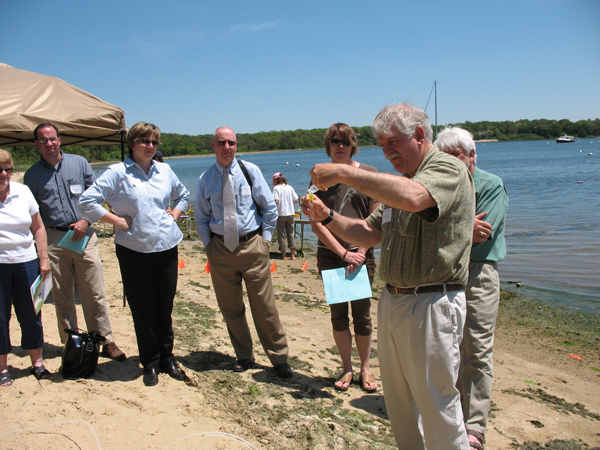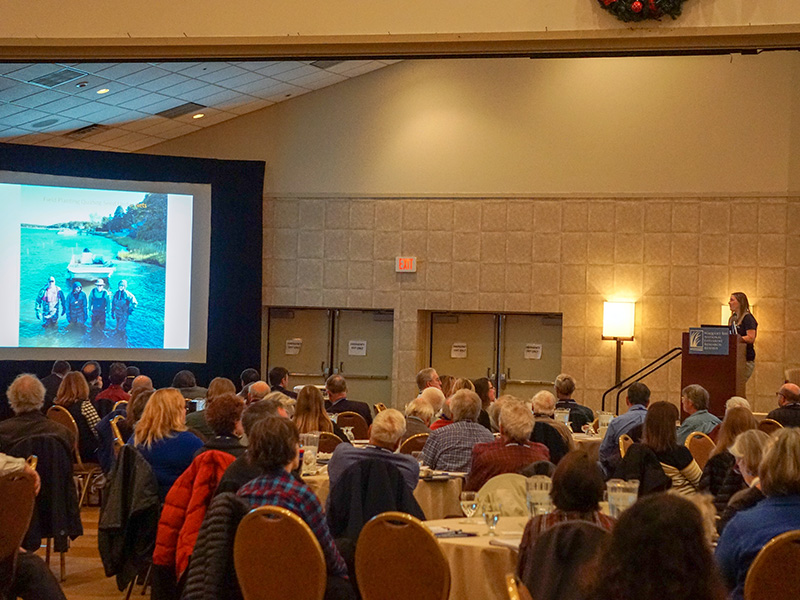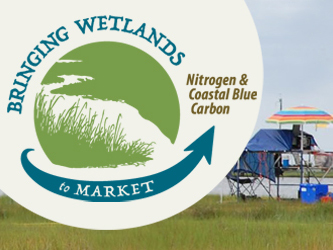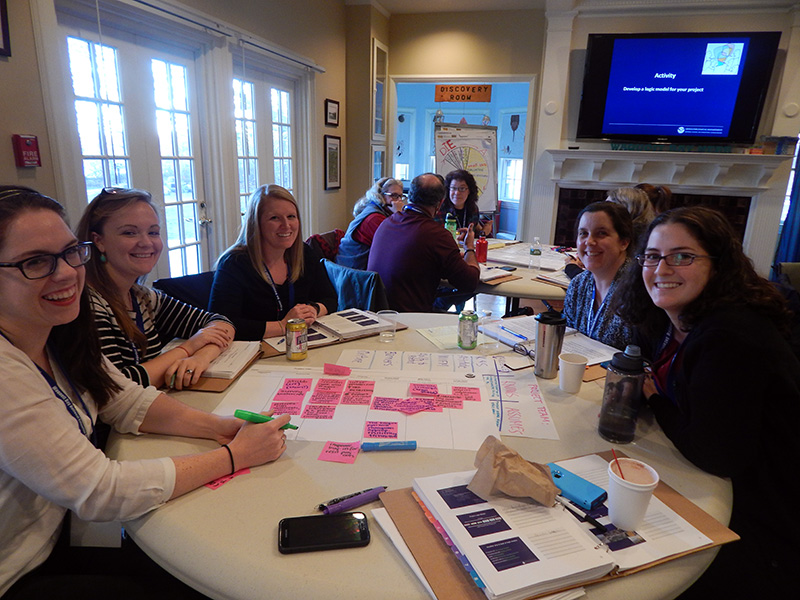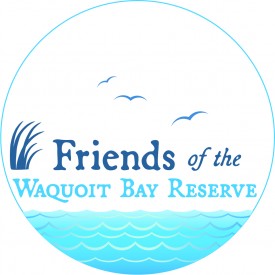Training & Engagement Program
The Coastal Training Program (CTP) provides science-based information, tools and skills to regional and local decision-makers to assist them in better managing
 The Training & Engagement Program (formerly CTP) provides science-based information, tools and skills to regional and local decision-makers to assist them in better managing coastal resources throughout Massachusetts. The intent of the program is to bring science to bear on real-world coastal problems and help develop solutions. The Training and Engagement program links with and supports other core program areas within the Waquoit Bay Reserve by serving as a conduit for research translation and a catalyst for better coastal stewardship throughout the region.
The Training & Engagement Program (formerly CTP) provides science-based information, tools and skills to regional and local decision-makers to assist them in better managing coastal resources throughout Massachusetts. The intent of the program is to bring science to bear on real-world coastal problems and help develop solutions. The Training and Engagement program links with and supports other core program areas within the Waquoit Bay Reserve by serving as a conduit for research translation and a catalyst for better coastal stewardship throughout the region.
This is a national initiative administered by the National Oceanic and Atmospheric Administration, National Estuarine Research Reserve System (NOAA/NERRS). Its purpose is to provide training and technical assistance for coastal decision-makers that fosters sound science-based coastal management. This model is implemented in most of the thirty Research Reserves around the country. While the programs share common goals, each is distinct and has unique dimensions determined by regional and local concerns and the priority coastal issues of the biogeographical region.
In Massachusetts the Coastal Training Program was launched in 2002 building upon a long history of successful coastal decision-maker workshops offered on a variety of topics by the Waquoit Bay Reserve, the Massachusetts Office of Coastal Zone Management (CZM), and the Woods Hole Sea Grant Program. In preparation for initiating the program, a market analysis of existing training providers and programs available in the state was conducted in order to determine gaps in training and ascertain where the program should focus its efforts. The market analysis also identified opportunities for collaboration with other training providers within the state. In addition, formal assessments were conducted to identify needs of various audiences. These foundational studies helped to inform the structure and priorities of the program.



